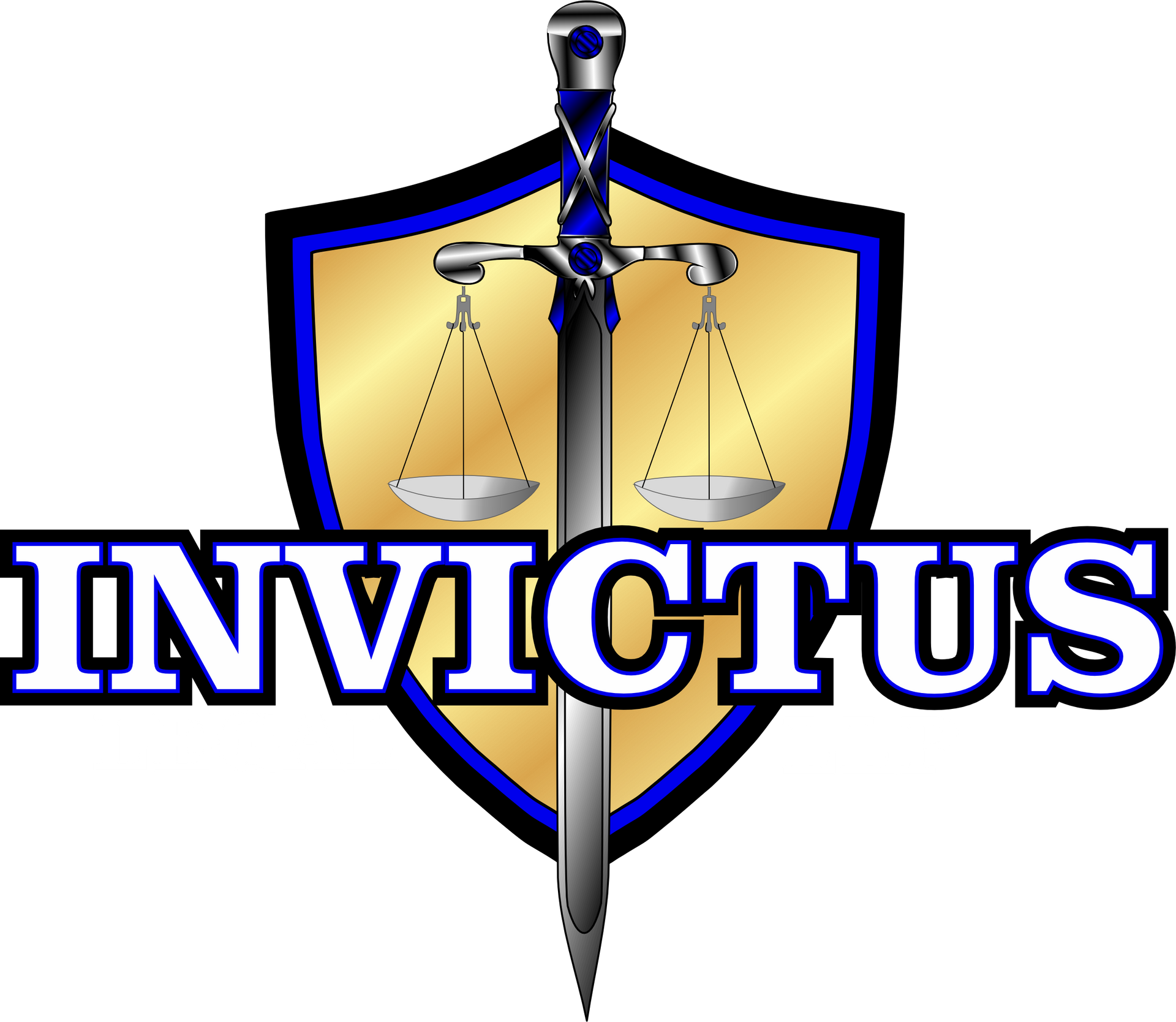Should I Sue in Small Claims Court?
Should I Sue in Small Claims Court?
Something happens.
You are fired from your job, purchase a car from somebody that did not actually own it or loan a friend some money they did not repay.
Your first thought is to file a small claims suit against the person you feel owes you money.
Do I Have A Case (for Small Claims Court)?
As paralegals, we litigate a lot in small claims court. Small claims court can deal with many, but not all, claims under $35,000.00. Many times, another body, such as the Landlord and Tenant Board or License Appeals Tribunal have the jurisdiction to deal with your claim. In many cases, these other forums must be the place you file your claim and not small claims court. Paralegals can litigate in these other forums and we can tell you if the small claims court does not have the jurisdiction to help you.
Most important, note that many types of actions cannot be decided in small claims court, even those that are not otherwise in the jurisdiction of a tribunal. Some examples of cases are listed below:
If You Want to Force a Party to Do or NOT to do Something
You cannot take somebody to small claims court to seek what is known as injunctive relief. If you want to do this, you generally need to file what is known as an APPLICATION to the Superior Court of Justice. Paralegals do not get involved in these kinds of cases. For example, if you want somebody to amend or take down a website, sell their condominium or force a company to re-issue shares to an aggrieved shareholder, these are heard in Superior Court.
Small claims court, however, can order under limited circumstances something called a Writ of Delivery. This is usually an order for the return of a specific object, such as a motor vehicle, a musical instrument or even a family pet.
If the Basis of Your Claim is to Order Specific Performance
This court cannot order specific performance of a third party. Apart from enforcing a settlement agreement that came out of small claims (or a related forum that is enforceable in small claims court), this is not possible. However, you can seek damages for breach of contract on many grounds (unjust enrichment, breach of contract, interference with contractual relations). But, a small claims court will not order your employer to give you your job back, nor will they order the company next door to stop polluting your backyard.
Issues That Fall Under Other Statutes with Legislated Jurisdiction
You might be contesting something under the purview of the Family Law Act or disputing the essence of an estate. This is also done in the Superior Court or Ontario Court of Justice (Family Division). The small claims court will not give you your children back. This court will not resolve issues of equalization between you and a former spouse. You cannot get appointed to be an administrator of an estate, or set aside a will to dispute its meaning. However, if a will clearly states that you are entitled to monies under $35,000, you can sue the estate trustee for this money if it is not distributed in accordance to the will.
Construction Liens
Construction liens up until recently were strictly under the jurisdiction of the Superior Court. However, this is changing by way of the new Construction Act, where small claims court can be the forum to file such liens of value of $35,000 or under in jurisdiction. This is an evolving process, whereby a dispute resolution process is expected to be fully in place by October 2019.
This list of exceptions is not exclusive. Contact our office today to see if your case fits the small claims court or another tribunal where we practice.
I Have a Claim Under $35,000. Should I Sue?
When we determine if we will take on a file, we consider a number of elements in your claim.
First, do you have or can you easily obtain sufficient evidence to bring forward your claim? Such evidence would include a contract, witnesses, invoices, audio or video recordings, and photographs, among other things. Second, can you directly connect the party you wish to sue as being liable? Sometimes the answer is easy. The party is a former tenant, a person to whom you loaned money, a former employer or a municipality. Other times, it might not be as easily, particularly when a third party caused the party you believe is liable to commit the act. Third, can you easily find the person you wish to take to court? This involves knowing the proper name, spelling, last known address, possible occupation, among other things. Our office can assist you in finding the person to some extent, but there are other factors you need to consider.
Does this person have any assets or sufficient income to cover the claim? The person may own their own house, but may have several creditors ahead of you in line if you were to win your case. They may drive a late-model vehicle, but they may be leasing it. Is your party working? Do you know if they earn sufficient income to cover your claim, even if you win? Is your party possibly bankrupt or involved in a consumer proposal? This information can be determined through our office to help you determine if it is worth your money and time.
Does My Claim Have Merit?
This is something that needs to be determined. This depends on the type of case you have, what evidence and if any limitation periods apply. In general, civil suits have a two-year limitation period, but this can differ in some cases. Often, the answer to whether your case has merit can be determined right away. As experienced litigation paralegals, we have seen many different types of cases over the years and know how the courts will see them. When faced with an unusual situation, we conduct case law research to determine if our arguments would be on point.
It is important to go to court with a case that has strong merits. Some people have come to our office to ask us to sue just to force the other party to back down on something. Or they want to sue for the principle. As we have been in court many times, we know that courts penalize parties that bring frivolous, vexatious and meritless claims. Even a case with good merits can be brought forward and lost, mainly because of the credibility of witnesses, quality of evidence and so forth. Even if you believe the other party might get intimidated by your lawsuit, many will seek the advice of counsel and call your bluff.
My Case Has Merit, and I Want to Proceed. Now What?
If you wish to proceed with a meritorious claim, Invictus Legal LLP can assist you in many ways. If money is an issue, we can complete what is known as a limited-scope retainer. That means you might want us to act on the part of your action, but not all of it. We can draft your Plaintiff’s Claim, attend a settlement conference with you if you are already in court, or we can help you negotiate a settlement. The costs of full representation will also be discussed with you, as payment plans are available if required.









